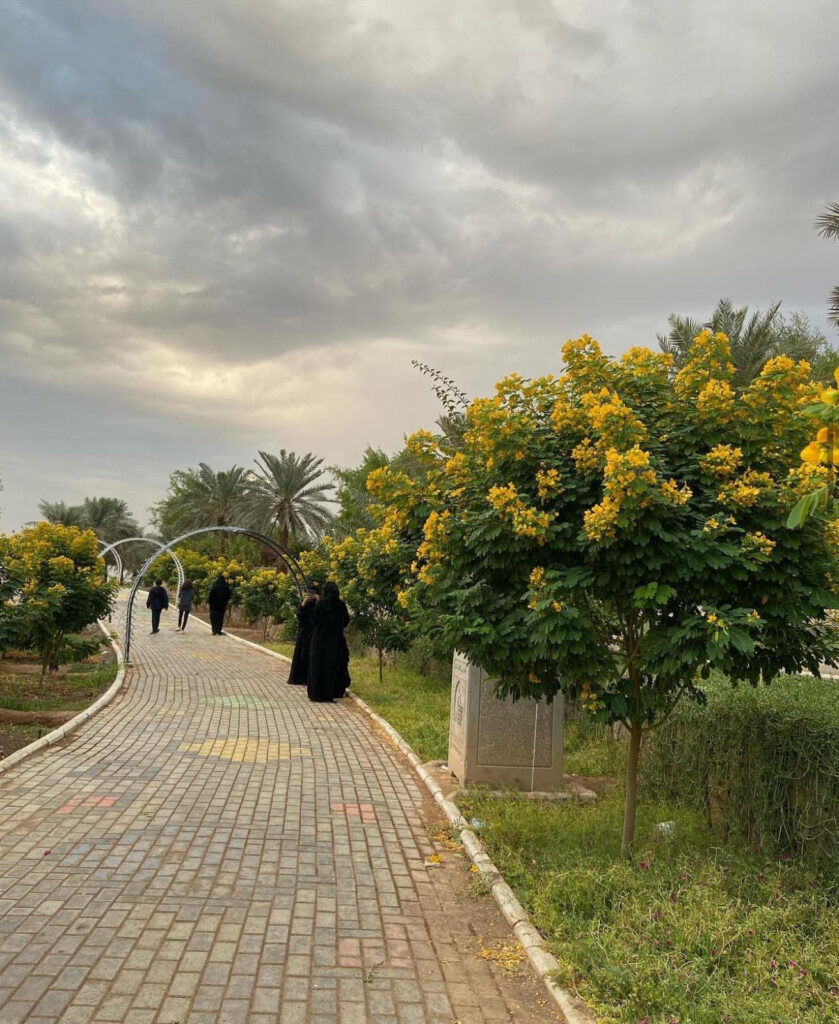The subtle embrace of a park and the serenity it promotes in one’s being is such a gift. I’m surprised at how easily I forget what a blessing it is to reside near a park with a beautiful lake and a view that some must travel quite a distance to gaze upon. If you’re like me and sometimes forget to take advantage of these free therapeutic sessions you can have in nature, perhaps this article will serve as a reminder.
As my travels increase, I’m making it a point to visit parks and gardens of various types. In most cases, the destination of my voyage is already a place of tranquility, but now I search out the gardens and parks to enhance my overall visits and get a couple of nature-sponsored therapy sessions.
So whether you’re nestled within the heart of a bustling city or stretching across serene countryside, gardens and parks stand as verdant oasis offering many benefits that extend far beyond mere visual pleasure. As you step into the peaceful realm of a botanical garden, vibrant blossoms paint the landscape in a symphony of colors, triggering the release of endorphins and transforming your visit into a natural therapy session.

Photo by: Warda Safi
Adjacent to these carefully cultivated spaces, urban parks offer a different yet equally enriching experience. Towering trees provide shade and sanctuary for countless species of birds, contributing to air purification and supporting respiratory health. The leafy canopies act as filters, trapping pollutants and releasing oxygen, highlighting the crucial role of parks as essential carbon sinks.
Now, envision traversing the meandering paths of a Japanese Zen garden, where the deliberate arrangement of elements invites introspection. Scientifically, such mindful environments have been associated with stress reduction and improved cognitive function. The intricate design principles of these gardens align with environmental psychology, demonstrating the profound impact of intentional spaces on human well-being.
Transition to a community garden, where individuals cultivate plants and connections. Gardening, a physical and creative pursuit, has been linked to improved mental health. The soil in these communal patches harbors mycobacterium vaccae, a bacterium known to have antidepressant properties. Thus, the act of tending to a garden becomes a therapeutic endeavor, fostering both a sense of accomplishment and emotional well-being.
Extend your nature odyssey to a sprawling urban park, where families gather for picnics, children revel in playgrounds, and joggers weave through tree-lined trails. Beyond the recreational appeal, parks act as vital green lungs, mitigating the urban heat island effect and combating climate challenges. The expanses of greenery absorb carbon dioxide and release oxygen, contributing to the health of the environment and those who seek refuge in their expansive embrace.
As you immerse yourself in the diverse flora and fauna of these green sanctuaries, consider the collaborative efforts they inspire. Public gardens and parks often host educational programs, fostering environmental awareness and connecting communities with nature. Participating in such initiatives not only enriches individual knowledge but also contributes to a collective commitment to ecological sustainability.

Photo by Kaba Abdul-Fattaah
The combined benefits of visiting gardens and parks are manifold, encompassing physical, mental, and environmental dimensions. Whether you find solace in the meticulous design of a Zen garden, revel in the communal spirit of a community garden, or embrace the vastness of an urban park, you are partaking in a holistic experience backed by scientific findings. There is something special about gardens that also ties into our collective origin story, and a great many are yearning to return there in the not-so-immediate future.
So, the next time you venture into these green oases, savor the fact that you are not merely enjoying nature’s beauty, you are actively engaging in a journey of well-being, community and environmental stewardship.








